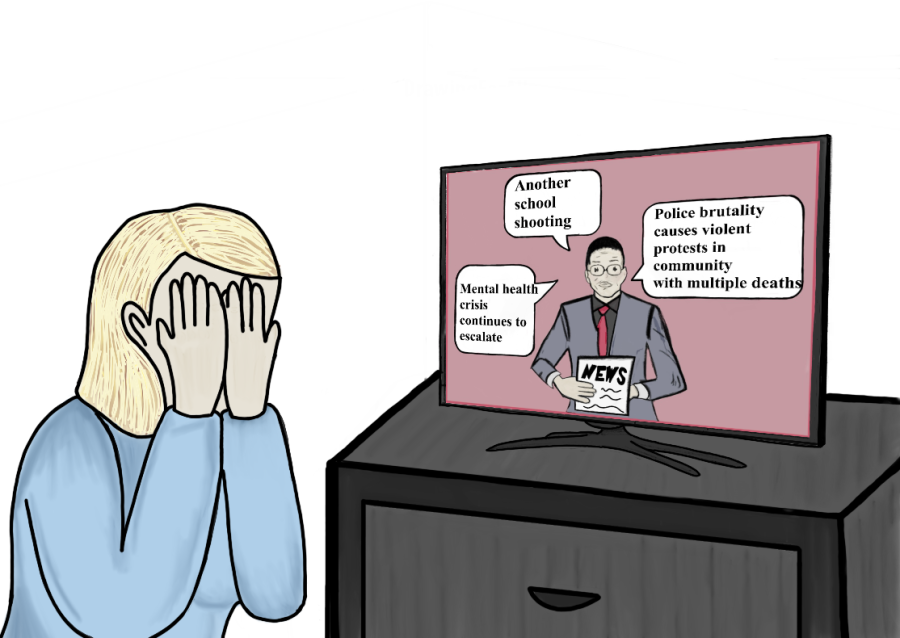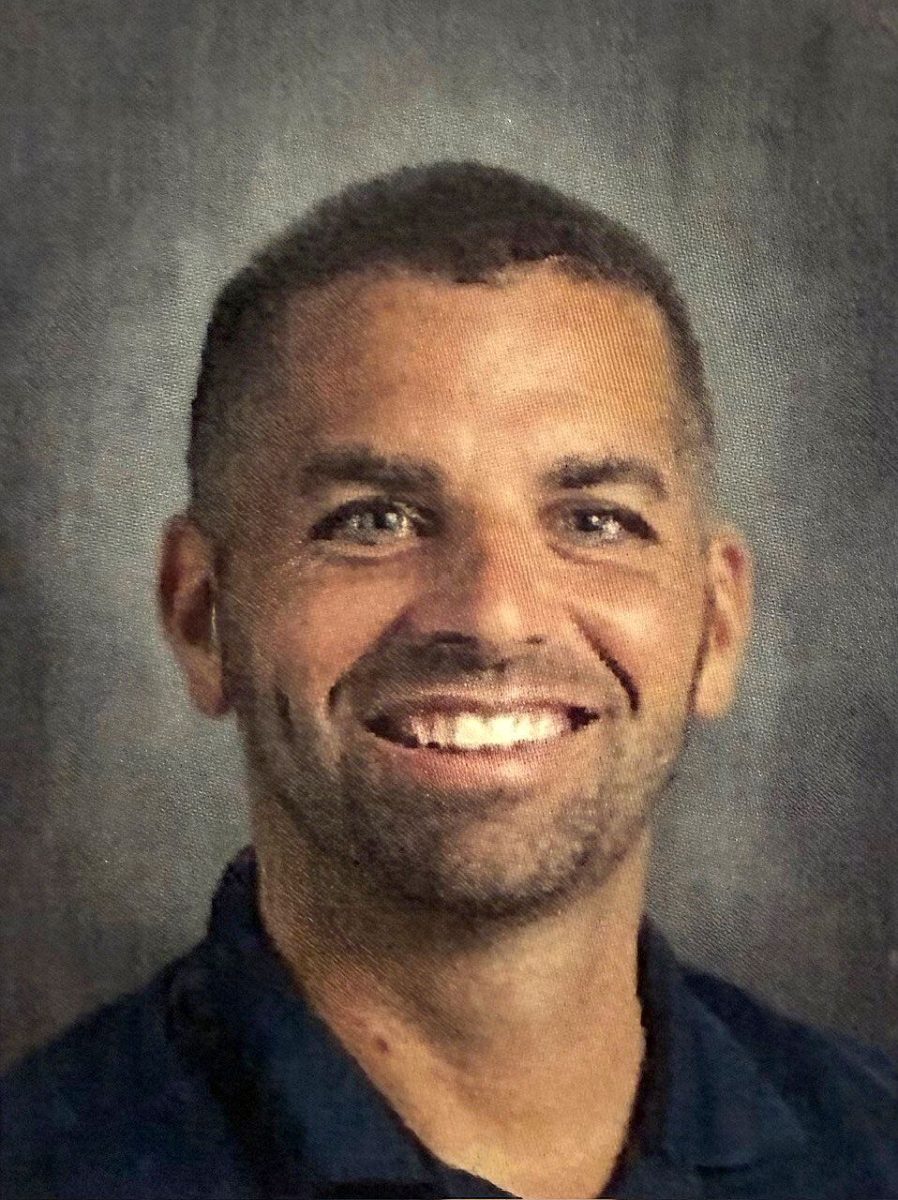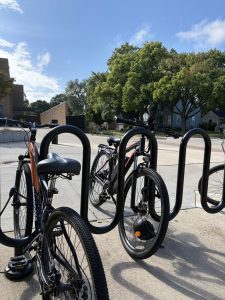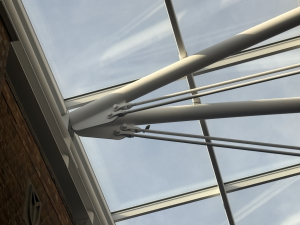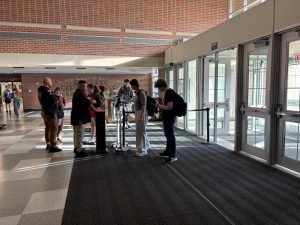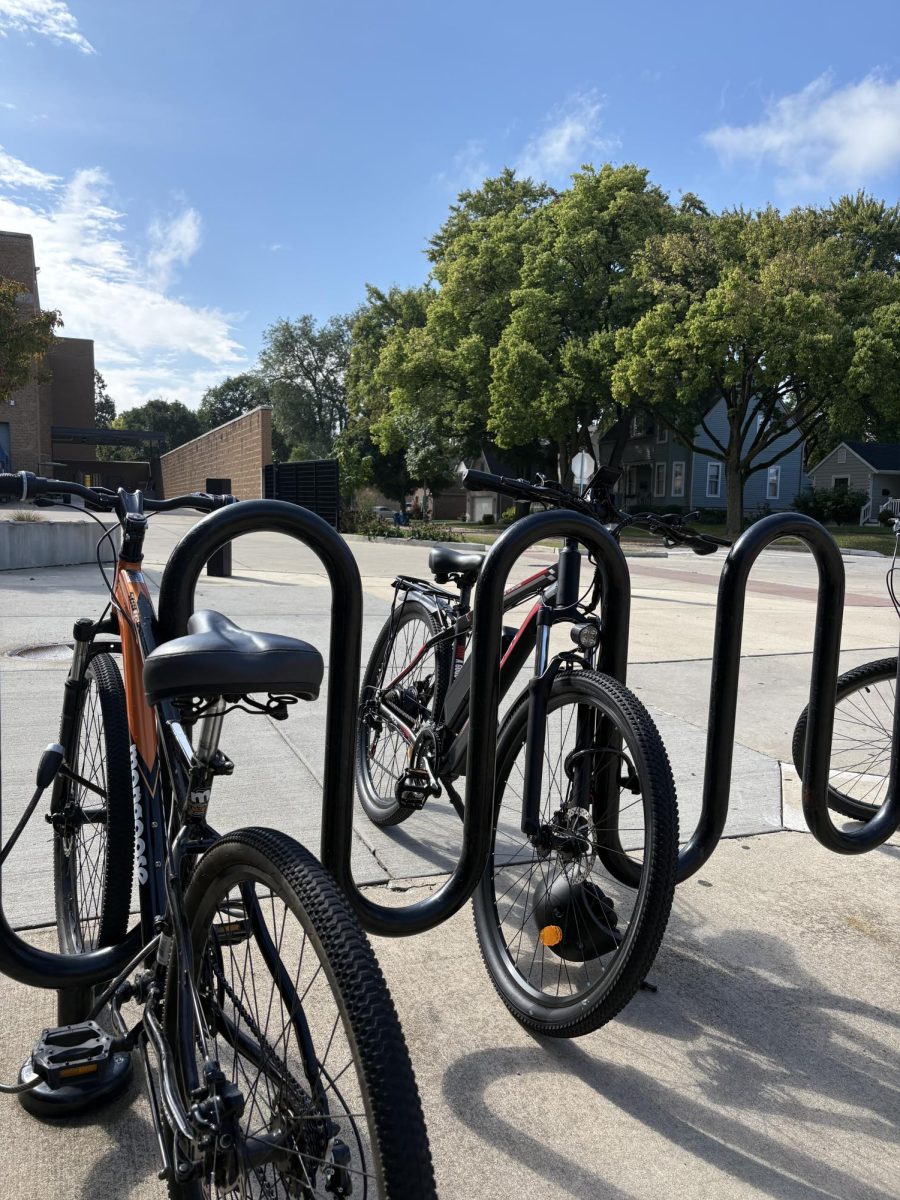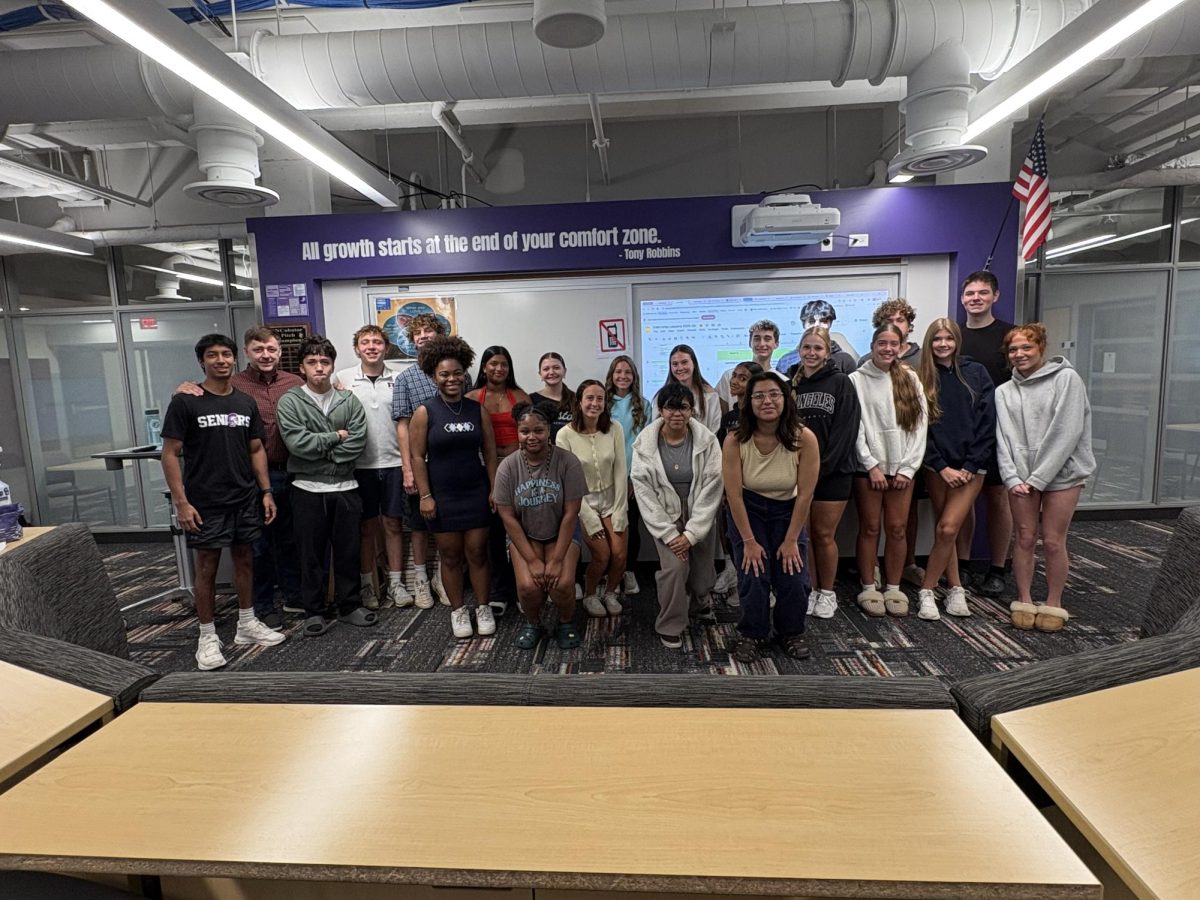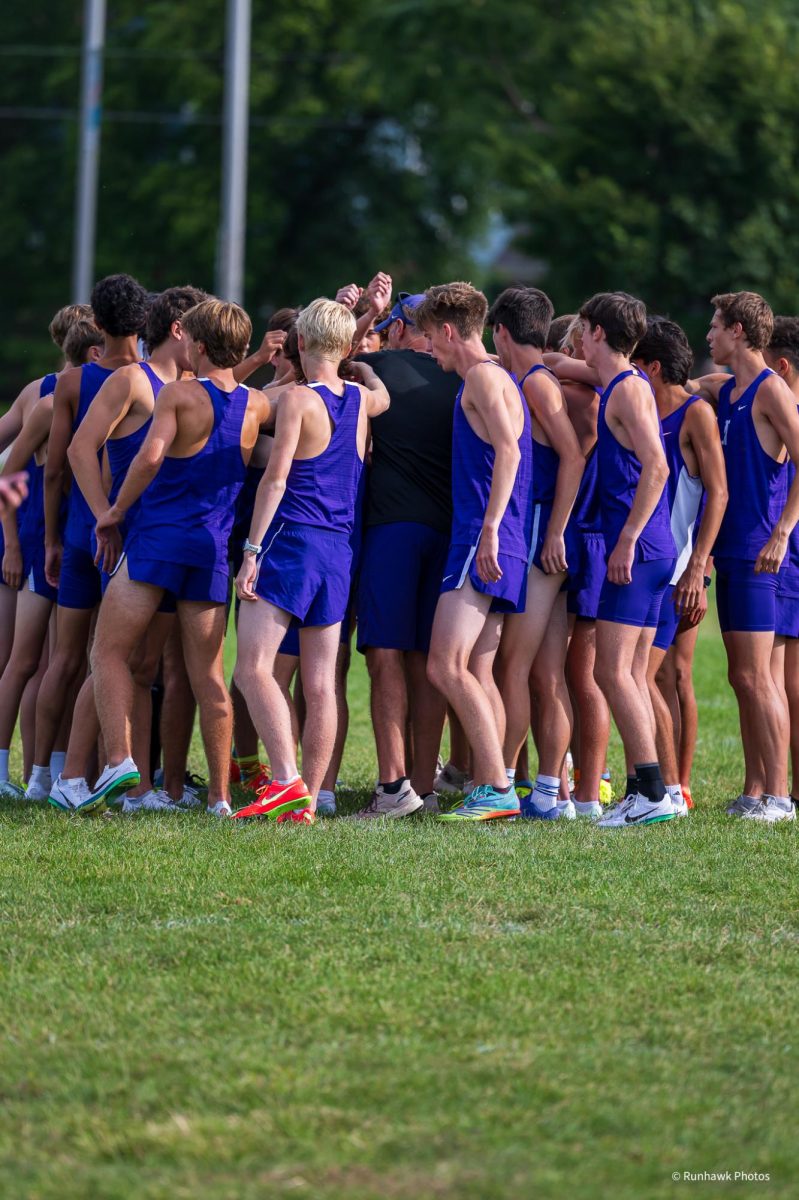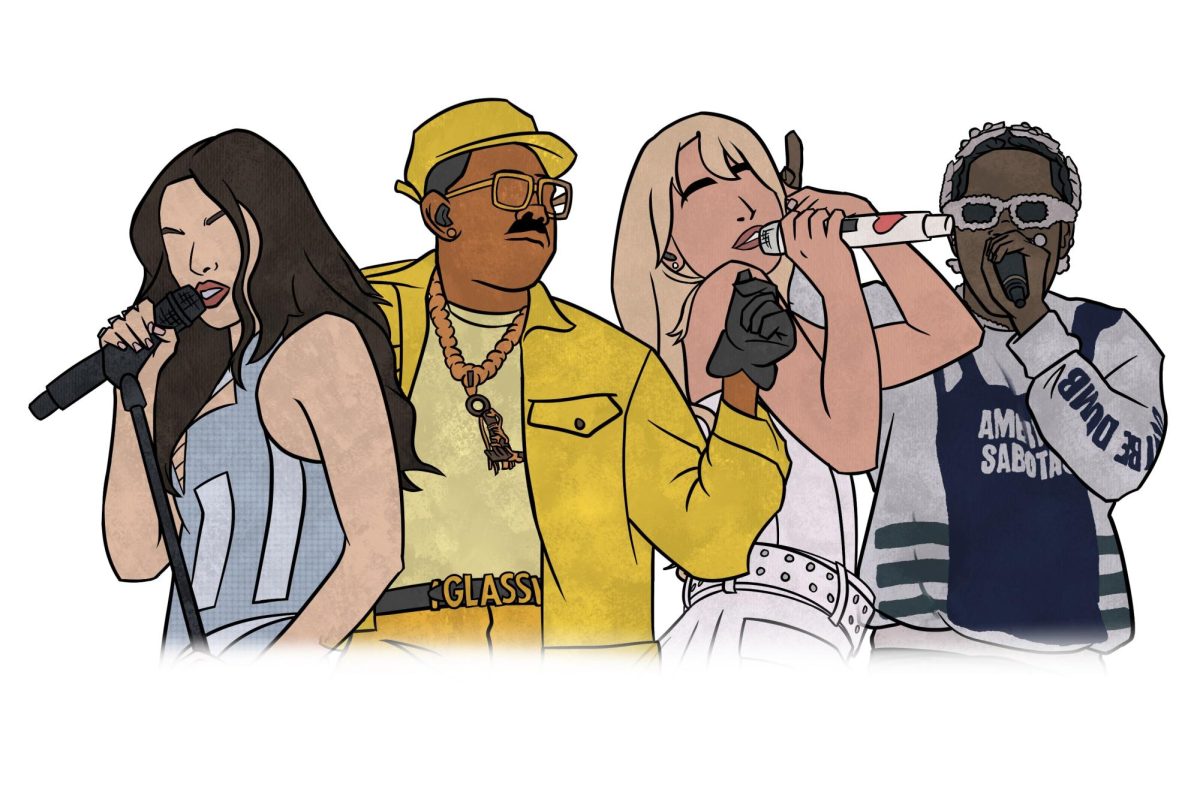Watch reliable news: the good, the bad, and the ugly
April 2, 2023
My family is one of many who refuses to watch the news. According to a Reuters Institute study, 42% of Americans actively avoid the news. They claim it’s too violent, too sad, or too pessimistic. In actuality, they’ve lost faith in our society. I don’t blame them. And yet, it is this very lack of faith that perpetuates ignorance and complacency. The news can be unbearable, but it is also worth watching. Elected officials, public figures, and politicians use America’s collective lack of education to spread false information and hateful messages.
A Unicef research paper affirmed the importance of news consumption, stating that “in a vibrant democracy, journalism and media have the power and responsibility to both inform and inspire an otherwise apathetic public into political action.”
Evidence of the media’s immense power exists throughout history, America’s conflict with Vietnam being an important example. If not for Cronkite’s often brutal front-line reporting, ignorance surrounding the Vietnam conflict would have only increased in scope. Cronkite, along with around 600 other journalists stationed in Vietnam, worked to dismantle the false assumption that American troops were winning the war, a nationalistic facade presented by the US government.
The press’s role in exposing Vietnam war atrocities is notoriously controversial, but shouldn’t be. Truth can be difficult to watch, but an absence of truth is a drastically more frightening reality. This concept holds the same truth in today’s society, where internet accessibility and technological advancements have created a more pervasive media. Journalism has the unique ability to tangibly reflect an otherwise purely conceptual societal atmosphere.
While the government and press are often interdependent, blind reliance on the government to create positive societal change is not only ignorant but harmful. Journalists may disproportionately cover violence and pessimism, but only due to its necessity.
We cannot wait for tragedy to strike before committing ourselves to policy action. We cannot seclude ourselves in a bubble of safety and blind hope. We cannot turn off the television or shut off our phones when faced with negative news.
Institutionalized racism persists in today’s society because we pretend it doesn’t. The gender wage gap persists in today’s society because employers and employees alike ignore the numbers. Gun violence persists in today’s society because we respond with prayer, not policy action. Without proper awareness, our society will never wake up, smell the roses, and realize they’re on fire. To me, the news – however sad – is never depressing. I find it motivating. It is this education, this understanding of climate change and gun violence and mental illness that must catalyze us to get up each morning and learn.
“Educated” is a constantly evolving state of being. First and foremost, it is an acknowledgment that there’s always more to learn, how and wherever you live. More importantly, education is a promise to constantly question and pursue a variety of knowledge, ideas, and perspectives – a promise achieved through the regular consumption of reliable news.


